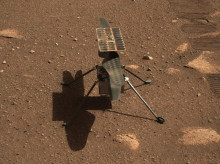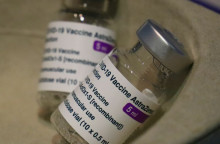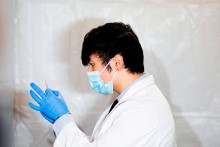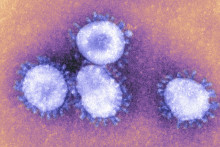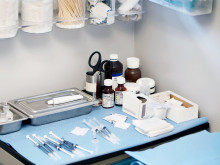SARS-CoV-2 variant found in Brazil: More infectious, may limit immunity
Almost from the moment it made the jump to humans, the SARS-CoV-2 virus has been picking up mutations and creating new lineages as it expands into different populations. In practical terms, the vast majority of these mutations makes absolutely no difference; the resulting virus has the same properties as the unmutated form it's derived from.















































